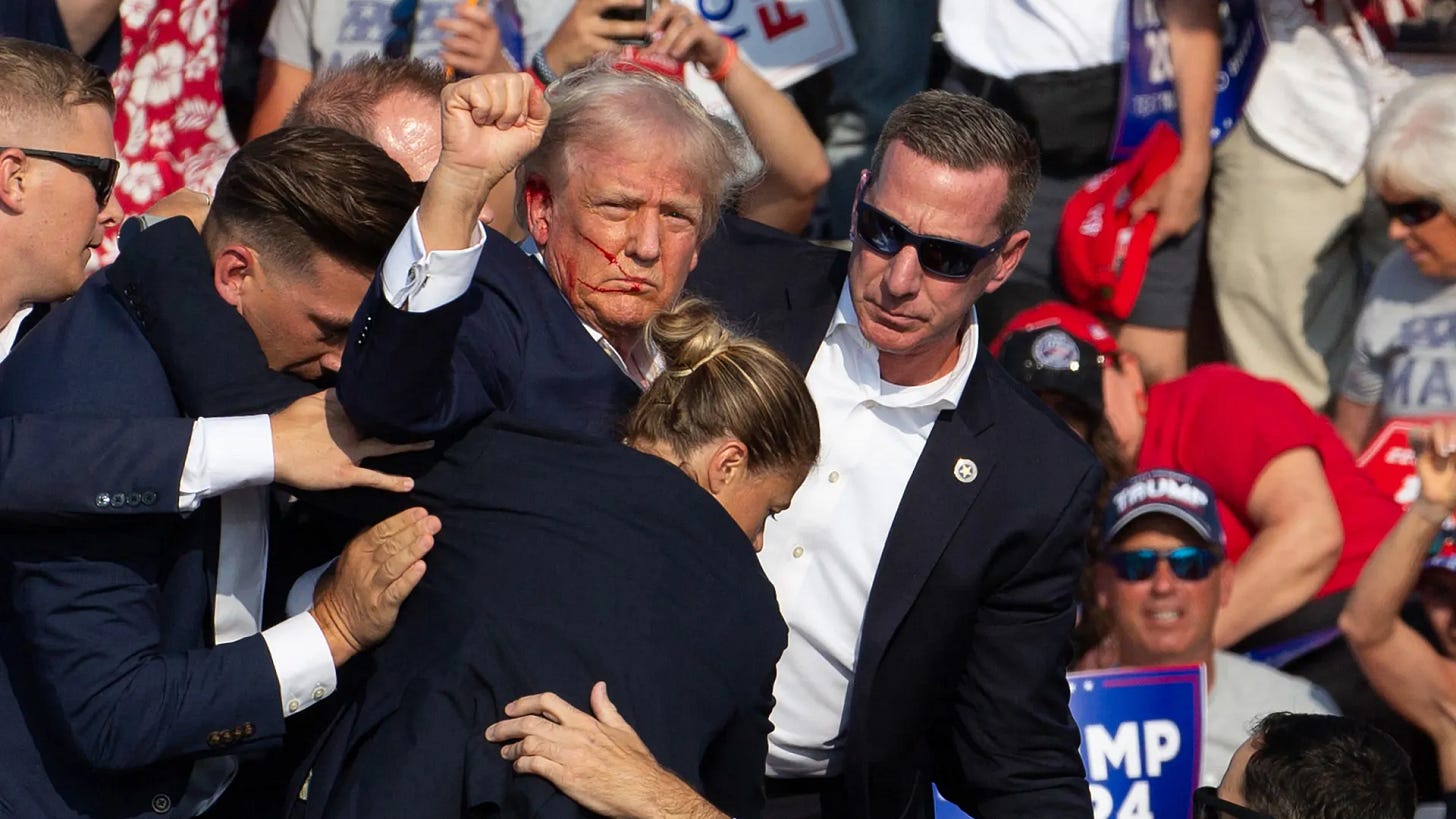REPORT: The Secret Service at Fault for Trump’s Assassination Attempt and America’s Crisis of Security

The shockwaves from last year’s assassination attempt on President Trump in Butler, Pennsylvania, are still reverberating through Washington—and now, the Secret Service is in the crosshairs. With six agents suspended for their roles in what officials are calling an “operational failure,” the nation is left asking: How did the world’s most elite protection force let this happen, and what does it mean for trust in our institutions?
The Suspensions: Too Little, Too Late?
This week, the Secret Service announced disciplinary action against six agents, suspending them for periods ranging from 10 to 42 days. The move comes after a bipartisan congressional report concluded the shooting was “preventable and should not have happened.” Deputy Director Matt Quinn admitted, “Butler was an operational failure and we are focused today on ensuring that it never happens again.” But for many, these suspensions feel like the bare minimum.
“Given the shocking security failures that day, this is the absolute bare minimum,” said Rep. Anna Paulina Luna (R-Fla.), echoing the frustration of millions.
The Real Issue: Accountability or Scapegoating?
Let’s be clear: suspending a handful of agents isn’t going to fix the deeper rot in the system. The resignation of Director Kimberly Cheatle after bipartisan outrage underscores just how deep the failures ran. The Secret Service, once the gold standard of presidential protection, now faces a crisis of confidence.
Operational breakdowns: How did a would-be assassin get close enough to take a shot at a sitting president?
Leadership failures: Why did it take a national tragedy and public outcry for real accountability?
Systemic risks: Are we relying too much on “process” and not enough on proactive, innovative security?
DOWNLOAD THE FULL REPORT (PDF)
America’s Trust Deficit
This isn’t just about Trump. It’s about whether Americans can trust the institutions sworn to protect democracy itself. When the Secret Service stumbles this badly, the entire nation feels more vulnerable—no matter who’s in the Oval Office.
The Hot Take: Don’t Settle for Symbolic Justice
Suspending agents is a start, but it’s not enough. Real reform means:
Overhauling training and protocols for high-risk events.
Demanding transparency from leadership—not just after the fact, but before tragedy strikes.
Recognizing that “business as usual” is a recipe for disaster in a hyper-polarized, high-threat era.
If America’s protectors can’t adapt, the next crisis won’t just be a failure of security—it’ll be a failure of imagination.
Sound off in the comments: Are these suspensions justice or just window dressing? What would real accountability look like to you?
For more on the Secret Service fallout and the future of presidential security, subscribe and join the debate.

